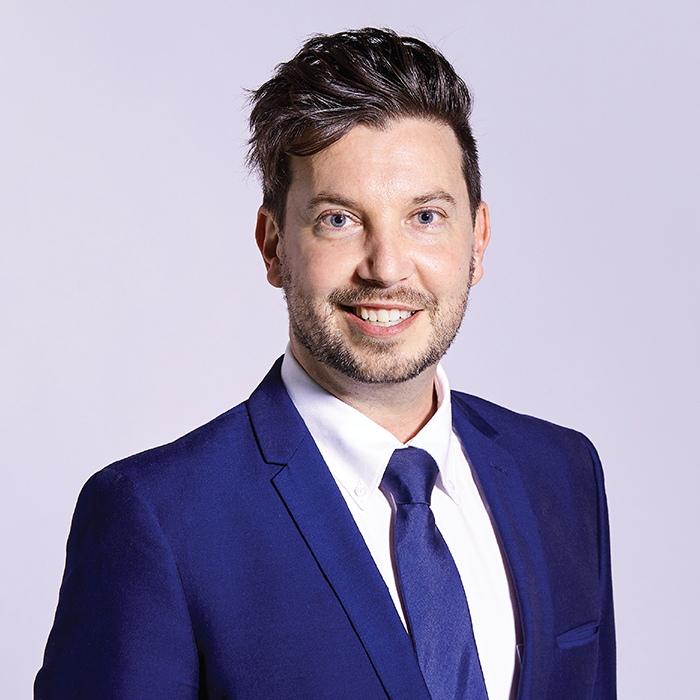
Headshot supplied by Ben LaHood
What major industry trends are catching your attention right now?
"Sustainability" has been a trending buzzword in the ophthalmic industry over the past few years. We all see the large amount of waste we produce, which is massively out of proportion with the microscopic surgery we perform. Although I'm sure there has been some real progress in this area, there has also been a lot of virtue signaling from companies that has made me question if they are doing enough to improve our situation. We are finally starting to see actual changes reach our operating rooms with digitalization of information sheets, and reduction in packaging layers. I look forward to this trend for action continuing to spread.
What is a little-known fact about you?
I am in the final stages of releasing a cosmetic product specifically for eyelid skin to help protect eyelids from the elements, as well as providing anti-aging properties. This stems from working in the sunny environments of New Zealand and Australia where removing eyelid skin lesions and reconstructing eyelids is far too common. This has been a project many years in the making so it is very exciting to see it become a reality this year.
Make a bold prediction for the future of ophthalmology.
We are going to accept that we are approaching the asymptote of what is achievable with pre-operative measurements in terms of refractive outcomes from cataract surgery. Acknowledging that no matter how good our biometry and techniques become, we will not reach perfect accuracy will allow us to concentrate on post-operative enhancement. It will become increasingly normal to have postoperative adjustment to either corneal shape or IOL design, both via laser technologies.
How do you think AI and machine learning will impact ophthalmology?
We are going to see artificial intelligence (AI) revolutionize ophthalmology to the same scale that the internet has changed our everyday lives. It will be everywhere and within everything we do as eye surgeons. Ophthalmology is such a data rich specialty, that it lends itself to teaching systems to do almost all aspects of our work in a more accurate, safer, and more efficient manner. As a refractive surgeon, I see AI becoming far better than me at determining risk of ectasia, and incorporating corneal shape into laser surgery treatments. Tasks which currently seem insurmountable due to having too many interrelated variables such as predicting surgically induced astigmatism will become historical relics. Patient queries will be able to be handled by AI chatbots programmed to have my own voice. We are already seeing online content creation for websites and social media being done by AI methods rather than humans. Like all new technologies, there will be pros and cons of adoption, but just like the internet, there is no turning back now.
Ben LaHood is a cataract and refractive surgeon at Adelaide Eye and Laser Centre; consultant ophthalmologist at The Queen Elizabeth Hospital; and lecturer at University of Adelaide, Australia.
